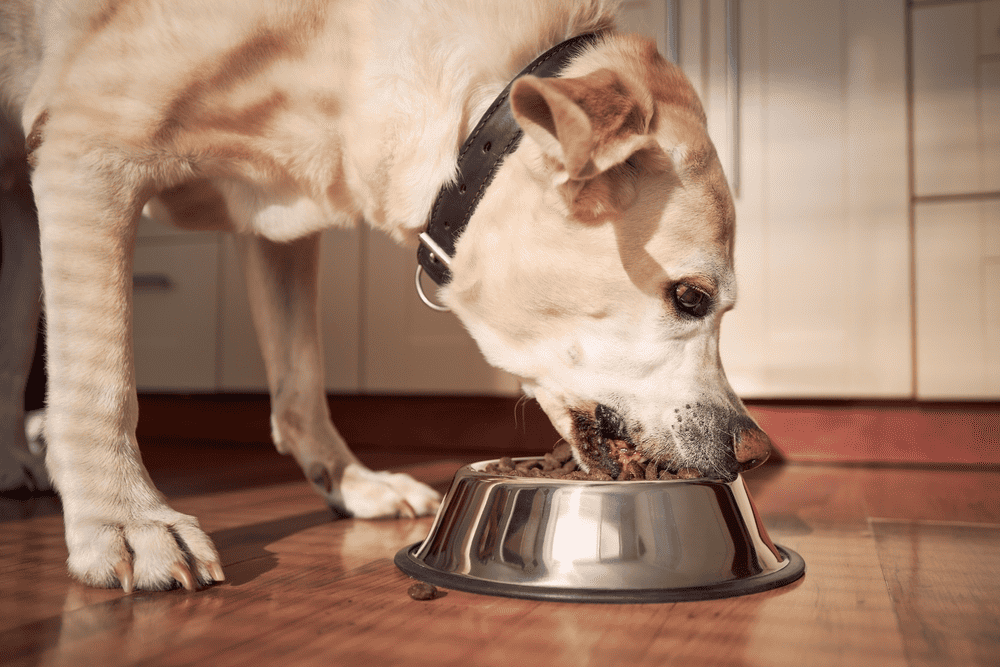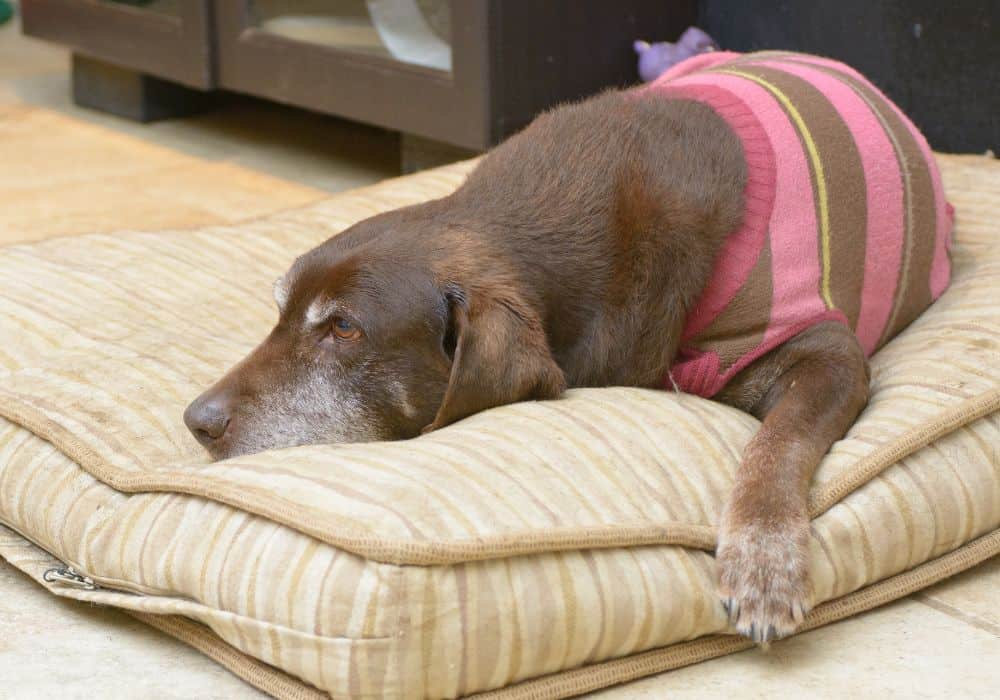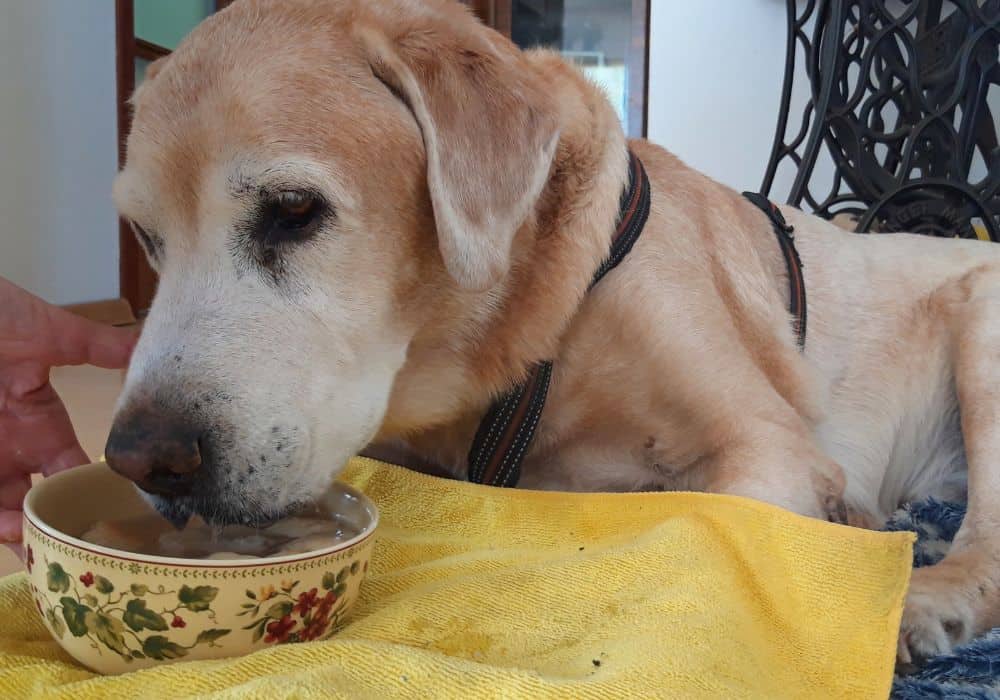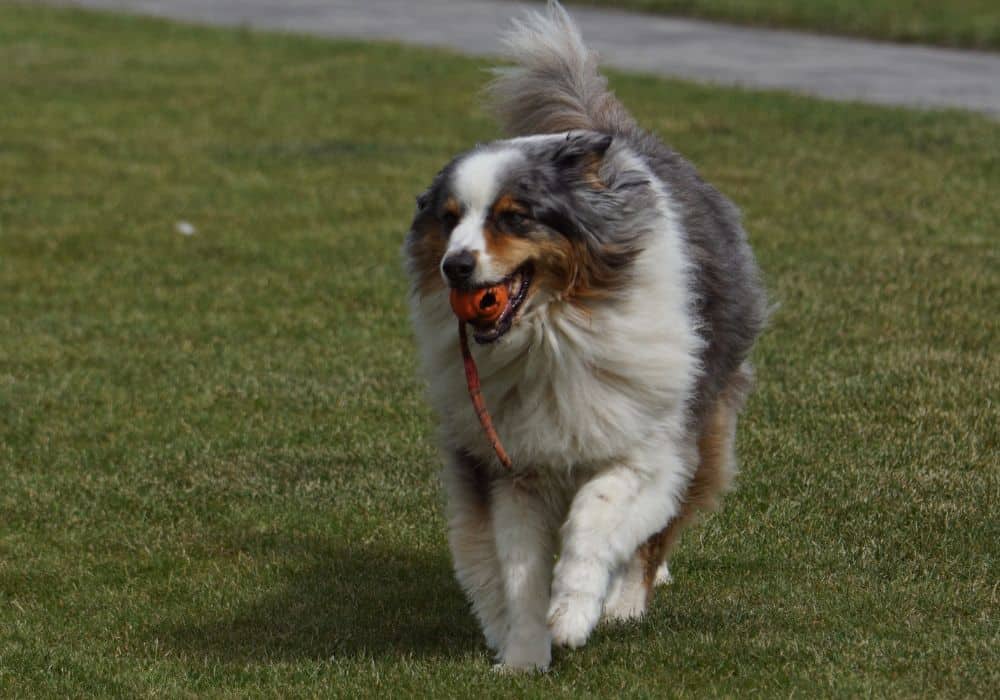The needs and requirements of your pet change as they age. Dogs, for instance, need to be treated differently at various stages of their life. As a dog owner, you need to be aware of the needs of your pet at every stage. This will optimize their health and overall well-being.
Most people know that caring for a puppy requires a lot of effort. Just like human babies are a lot of work, so are puppies. They are very dependent.
Puppies need a special diet to grow and develop. They also need to be trained, which requires time and patience.
On the end of the spectrum, senior dogs require just as much care, if not more. On average, dogs enter old age when they are 7 years old. There are variations between breeds; some become senior dogs at just 5 years, while for some, that number may be as high as 12 years.
In the case of senior dogs, the situation becomes more dire since it is at this stage of your dog’s life that they suffer from medical complications. Depending on the breed of your dog, it may be susceptible to a whole host of conditions.
This increases the care your dog needs and may even make your dog more dependent on you. Senior dogs, as a result, are just as needy of care and attention as puppies.
Caring For Senior Dogs
As a dog owner, you must be prepared for the eventuality of dealing with a senior dog, especially since, for dogs, that time comes sooner rather than later. Senior dogs are fragile and more prone to getting sick. So you need to ensure that their environment encourages good health.
Senior dogs are just like elderly humans. They need more time to rest and relax. Over time, you will notice that your dog’s activity needs will decrease. This is true across the board, regardless of breed.
Aside from the observable physical changes, like droopy skin and thinning fur, and behavioral changes, like lack of interest in playtime or mood changes, aging also impacts your dog’s mental faculties. Aging adversely affects brain functioning. This may lead to not only memory loss and dementia but also the development of mental disorders like anxiety and depression.
Combined with worsening physical conditions, issues in senior dogs may become magnified. Your pet may end up in a spiral of hopelessness and helplessness. To counter this, you must optimize your dog’s well-being through preventative measures.
Get regular checkups with the vet, give your dog space to be comfortable in their skin, change their dietary habits, and do things your dog prefers. While focusing on each issue is key to improving your dog’s life during the senior years, today, we will do it on just one element of this discussion; diet.
Dietary Requirements For Senior Dogs
Many different changes occur as your dog ages. These changes, in turn, drastically change the dietary requirements of your dog.
While age is not a disease, it is a condition that must be dealt with. It is impossible to ignore the adverse effect aging has on dogs. The changes may be jarring at first but being informed will help you prepare for the eventuality.
The most significant change as far as diet is concerned is reduced digestive functioning. You will notice that your dog produces less saliva. Their mouth is drier, and they do not drool much. What you may joy notice is the reduction in the amount of acid produced in the stomach.
Saliva and stomach acids help to break down the ingested food and digest it. With reduced digestive functioning, senior dogs tend to eat less. This is so they can avoid digestion issues.
Another major factor is reduced physical activity. Your dog becomes slower and less eager to pursue strenuous tasks. The reduction in physical activity reduces dietary needs as well. Research indicates that senior dogs require 18% fewer calories than their adult counterparts.
At the same time, senior dogs require more nutrient-rich food. Foods high in protein, given that they are not suffering from a condition that necessitates protein restriction, are needed to stay healthy. Additionally, foods rich in minerals and vitamins are needed to strengthen the immune system and help fight diseases.
A good diet also aids in improving cognitive functioning by delaying the onset of Cognitive Dysfunction Syndrome (CDS).
Senior dogs’ diets should be designed with the following elements in mind:
- Calorie intake must complement your dog’s physical condition and activity levels.
- Food given must be easy to digest and high in fiber content.
- The diet must be rich in nutrients.
- The diet must reflect your dog’s specific health conditions, like avoiding protein-rich foods if your dog has kidney disease.
To get more information on specific breeds of dogs and their requirements, check out We Love Doodles.
Top Foods To Give Your Senior Dog
Here are the top five foods we recommend for senior dogs:
1. Fish
Fish and foods rich in omega-3 fatty acids are very good for dogs. One of the major side effects of aging is impaired cognitive functioning.
Omega-3 fatty acids are known to improve brain functioning. Fish is an excellent source of omega-3 fatty acids, and you can conveniently get fish-based dog food. It is also a good idea to make a meal for your dog at home since it is more cost-effective.
2. Vegetables
Vegetables are rich in nutrients and are full of fiber. So not only does your dog feels full and gets a whole lot of nutrients, but it is also able to digest the food easily.
Some dogs gain weight as they age, and vegetables are an excellent way to help your dog lose weight. A good tip is to combine vegetables of different colors since they contain different nutrients. Combing vegetables results in a more wholesome and healthy meal.
3. Berries
Fruit, much like vegetables, are a great source of nutrients and fiber. However, some fruits may not be appropriate to the sugar content, especially if you want your dog to lose weight.
However, adding berries to your dog’s diet is always a good idea. Berries are full of antioxidants that help with the wear and tear caused by aging. Antioxidants may not reverse aging, but they sure do help with completing some of the adverse effects. Berries contain many vitamins and minerals as well.
There are so many different types of berries that you will surely find one your dog loves; from strawberries and blueberries to cranberries to blackberries, there is plenty of choice.
4. Raw Meat
Unless your dog suffers from a specific disease and needs a diet free of meat, giving your dog meat is recommended. Meat is a healthy source of all the essential proteins.
Meat that is not cooked too much, like raw meat, is preferred since it retains most of its healthy goodness. When meat is processed or cooked for too long, many nutrients get destroyed.
Raw food is safe for dogs, and senior dogs are no exception. Lack of processing preserves the nutrients in food, meat or otherwise, and you can start your dog on a raw diet whenever you want.
5. Hydration
Keep your senior dog hydrated. Water intake is critical for good health. As your dog ages, its ability to maintain water levels reduces. Ensure your dog gets plenty of liquids to get the appropriate hydration levels, especially in the warmer months. Water also aids in digestion.
In addition to water, add other liquids to your dog’s diet, like broth. Bone broth, in particular, is very healthy and gives your dog much energy without being heavy or hard to digest.
Using Diet To Optimize Health In Senior Dogs
Senior dogs have to deal with the negative effects of aging. Their reflexes become slow, energy levels drop, and dogs become lethargic overall. It is also accompanied by reduced neural functions and the onset of diseases.
Your dog’s senior years are when they need a lot of care and attention. This means regular visits to the vet and a healthy lifestyle consistent with your dog’s health.
It is normal for your dog to display drastic changes in behavior and emotions. Going through aging and losing their mental and physical capacities is not easy. At the same time, you can use diet and exercise to help your dog.
Diet is one of the most critical factors in countering the effects of aging. A good diet not only gives your dog the energy to go about the day but also aid in the process of fighting diseases and repairing the body since food provides the essential needed for a healthy immune system and metabolism.
It is best to consult your vet and design a diet consistent with your dog’s metabolism. You will also notice that the diet will require frequent changes, depending on your dog’s condition, so remain vigilant to see when certain foods are bit working for your dog.
Food can be a source of healing or ill health, so you must monitor and regulate what your dog eats. It is always preferred that senior dogs receive their necessary share of nutrients through food so need for supplements and medicine is reduced to a minimum.
It is always best to consult with the vet and you can even do some preliminary research online. If you have a German Shepherd, getting all the information on German Shepherds is The Good German Shepherd.



